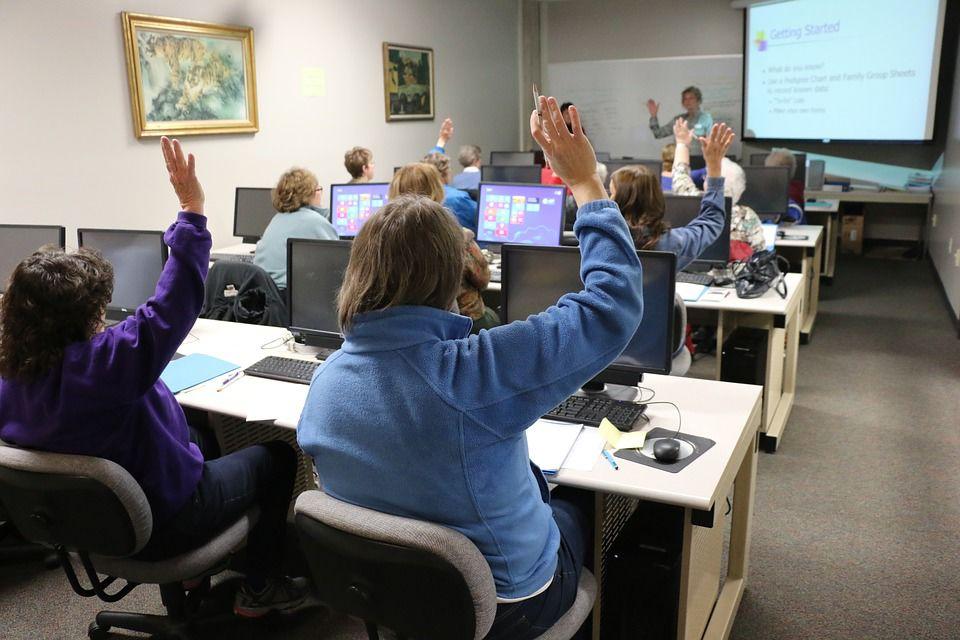By the end of a typical first year at the University, most freshmen have learned some important things about living alone: their favorite bar in Tigerland, the most efficient way to cross campus, where to buy the strongest coffee. What they have yet to learn, however? How to accurately file income taxes.
According to a study on Biospace.com in 2018, 77% of recent high school graduates feel unprepared to move socially through life. In another study on VOA.com in 2016, 74% of college students reported being unprepared for the professional world. What these findings have in common is a general unreadiness for the “real world” among young adults and a feeling that they have been left behind by their education. To remedy this wide-spread unpreparedness, I propose that the University offer a required one-hour life skills course for freshmen centered around key aspects of adult life, from the pragmatic duties of living independently in the modern world to more abstract needs like emotional intelligence.
A typical semester in a life skills course would cover topics as diverse as writing a resume, dealing with bureaucratic nuisances, applying for health care, managing housing conflicts, recognizing toxic relationships and, yes, doing taxes. Middleton Library already offers several “adulting” seminars throughout the year, most of which center on the same skills that I have just listed. Given the lack of accountability surrounding a voluntary seminar, however, the students who feel most lost are not benefiting from these resources.
The only way students could be guaranteed to learn important life skills would be through a required class. Most students would undoubtedly resent adding yet another course to an already stressful course load, so efforts must be made to integrate the proposed life skills class as seamlessly into freshman year as possible. By making the course only an hour credit, free and more focused on in-class instruction than homework, the extra class would not greatly disrupt most students’ schedules.
Of all the topics that could be covered in a life skills class, social and emotional learning may be the most useful. The American College Health Association reported that from a sample of over 100,000 college students, “half experienced overwhelming anxiety and about a third felt deep depression during the academic year.” This is concerning, since a lagging mental health affects every aspect of a student’s life, from forming new relationships with friends to applying for jobs. Although a one-hour class once a week for one semester is not a panacea, instilling lessons in students on how to communicate emotional pain and avoid serious distress will have long-term effects on their quality of life.
As newly-inaugurated adults, freshmen would be the key demographic of a class about adulting, but other years would undoubtedly also benefit from a life skills class. For example, seniors anxious about entering the workforce and phasing into truly “adult” life could opt for a life skills class on these issues. What is important is that all the University students feel that their needs are heard, and that ultimately they feel prepared to leave the University as well-adjusted adults.
Cécile Girard is a 19-year-old biology and psychology sophomore from Lake Charles, Louisiana.





